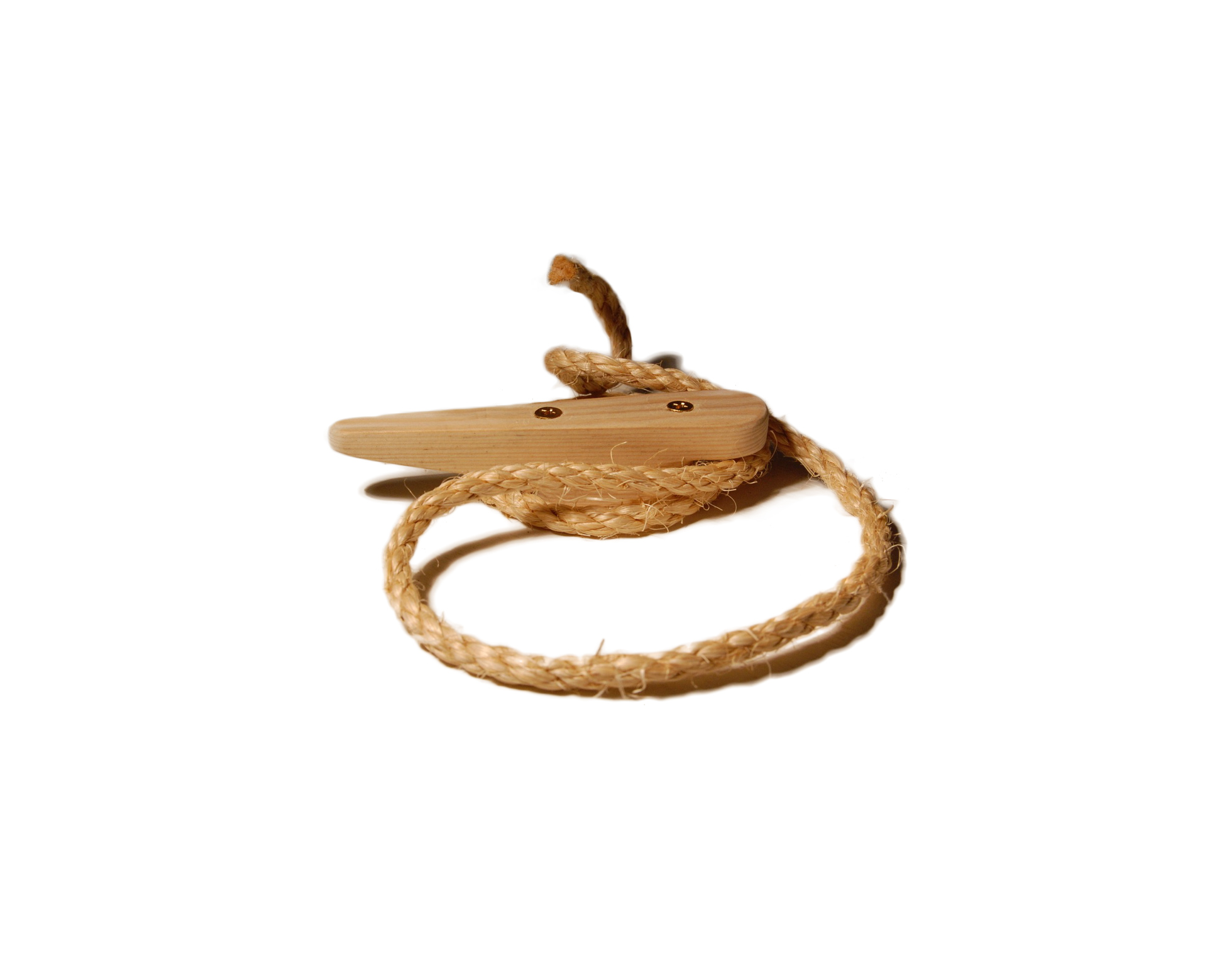I read with interest this blog post. I got there from a link on Groklaw, one of my addictions. My thought on reading the excerpt quoted at Groklaw and again on reading the full text of the lecture at Columbia was that things have changed for better and for worse.
For years, I was bombarded with folks trying to get me to subscribe to magazines. I loved and still love paper magazines. But they take up space or you must discard them. Both of these activities give me discomfort. So my request to the solicitor was “Can you send that to me on color microfiche?” The response was invariably “What did you say?” What I wanted was the ability to (re-)locate an article I had read or that was referenced in a current article and (re-)read it for background or recollection.
Today, many magazines offer the entire collection of back issues on CD-ROM for what is more money than I have to devote to back issues, but on the other hand, not an unaffordable fortune. Wooden Boat is one magazine I would consider getting the CD, (now a memory stick) for.
But the pages are pictures of pages and who knows weather you can cut an paste the text or the illustrations.
With the paper version, I can put it on the scanner and get either without a problem, at least for issues I have not yet lost or discarded.
Getting back to the quoted article by Steven Berlin Johnson, the Wall Street Journal has had a corner of the op-ed page labeled “Notable and Quotable” for as long as I have been reading it (I still miss Vermont Royster). With the un-selectable glass box version, does this mean that the Noted but Unquotable version gets forgotten because it cannot be passed on, tweeted, facebooked, e-mailed.
Authors, retain the right to distribute your version and indicate that it is the basis of the published article. Then when someone searches for the quote, they find your version, if you have made it available.
In for a Dime, in for $6 Billion
The RIAA’s sister organization in Canada, the CRIA has been called to account for $6 billion in royalties due to artists that have not been paid. Apparently this may have some effect on the juries that are deciding cases in their parallel anti-piracy cases. I wonder how much the U.S. RIAA has failed to pay.
Worthwhile
I had resolved that I would not buy any CD’s while the RIAA continues to persecute. An exception is Judith Owen. I liked it so much I bought a copy of Lost and Found for each of my children and one for myself. Courgette Records does not seem to be a member of the RIAA. Instead they distribute through the Alternative Distribution Alliance (ADA). ADA is 95% owned by Warner Group which is a member and one of the vicious perps of RIAA extortion scheme.
